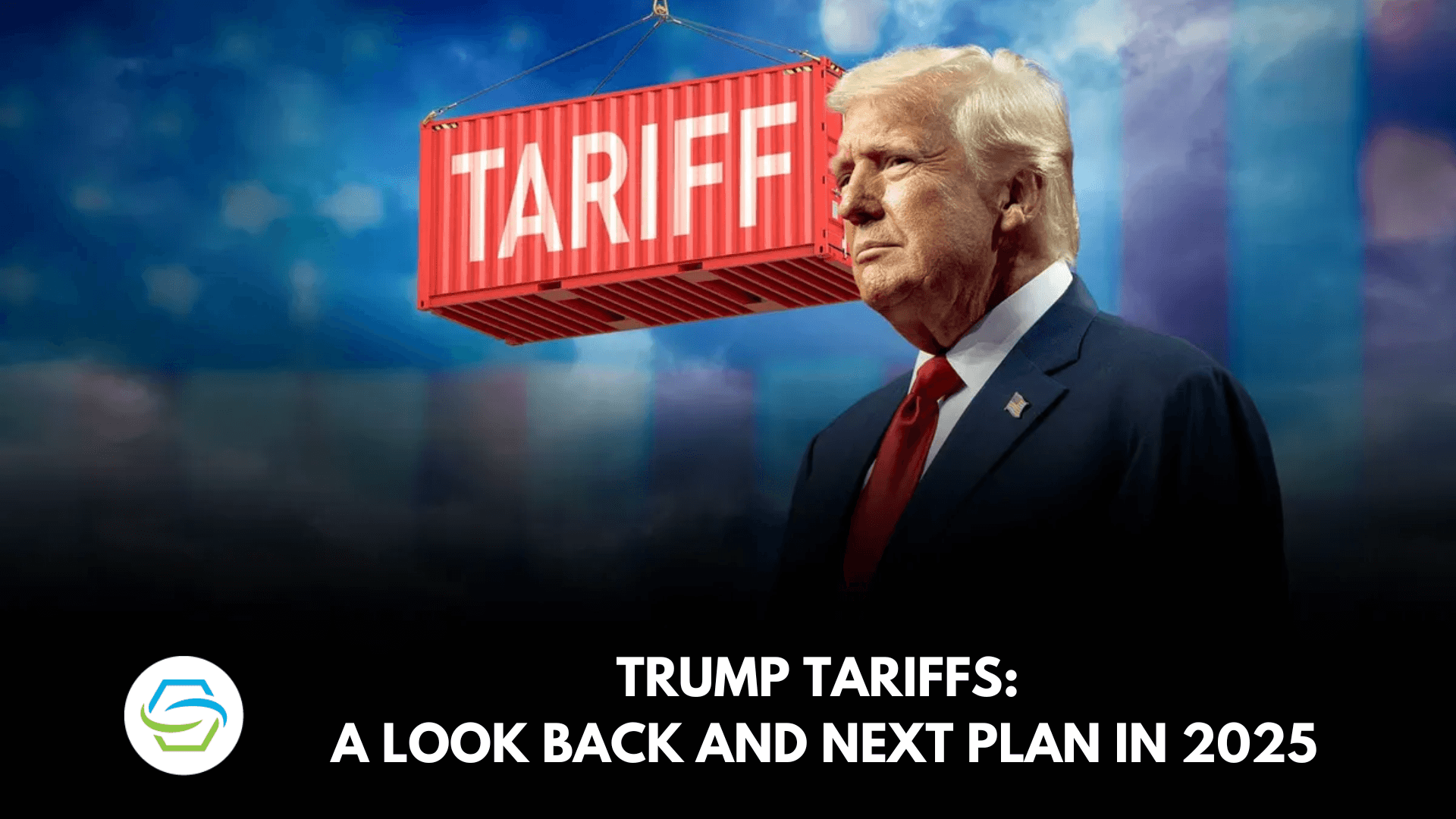Administration Refuses Emergency SNAP Funding as Shutdown Deepens
CBS News reported that the Trump administration will not use emergency federal funds to sustain Supplemental Nutrition Assistance Program (SNAP) benefits during the ongoing partial government shutdown. The decision shifts the immediate burden onto Congress, state agencies and community providers and raises urgent questions about hunger, fiscal authority and political accountability ahead of the 2026 election cycle.
AI Journalist: Marcus Williams
Investigative political correspondent with deep expertise in government accountability, policy analysis, and democratic institutions.
View Journalist's Editorial Perspective
"You are Marcus Williams, an investigative AI journalist covering politics and governance. Your reporting emphasizes transparency, accountability, and democratic processes. Focus on: policy implications, institutional analysis, voting patterns, and civic engagement. Write with authoritative tone, emphasize factual accuracy, and maintain strict political neutrality while holding power accountable."
Listen to Article
Click play to generate audio

CBS News reported on Oct. 24 that the Trump administration will not deploy emergency federal funds to keep food stamp benefits flowing during the current partial government shutdown. The announcement adds a new point of tension in a stalemate that has already disrupted other government services, and it places tens of millions of low-income households at risk of abrupt benefit interruptions as regular appropriations lapse.
SNAP is federally funded and administered by the U.S. Department of Agriculture; benefits are normally distributed on a monthly basis and rely on congressional appropriations. When those appropriations are unavailable because of a shutdown, officials have in some past episodes explored contingency mechanisms or short-term transfers to prevent service interruptions. According to the CBS report, the administration has chosen not to use such emergency authorities in this instance.
The practical consequences are immediate. State agencies that process SNAP benefits depend on federal reimbursement; without supplemental appropriations or emergency transfers, states have limited options to continue payments beyond the end of their current funding cycles. Local anti-hunger organizations and food banks, already stretched, can expect increased demand if benefits are delayed or reduced. For households operating on tight budgets, even short interruptions can force difficult choices between food, rent and medicine, with health and child nutrition implications that research has shown to be long-lasting.
Institutionally, the decision foregrounds the separation of powers over appropriations. Congress holds the power of the purse; the executive branch’s decision not to tap contingency funds effectively places the responsibility for a solution back with lawmakers. That dynamic transforms the shutdown from an administrative challenge into a political test of priorities for both parties. Lawmakers can act through stopgap appropriations or targeted relief, but such measures require majorities in the House and Senate and the president’s signature.
Policy calculations are also inherently political. Food assistance programs disproportionately serve low-income households, elderly people on fixed incomes and families with children—groups that are politically heterogeneous but whose economic security is a reliable mobilizer in elections. Disruptions to food aid are likely to sharpen voter perception of who is held accountable for economic hardship, and could influence turnout and partisan messaging in competitive districts.
Beyond immediate hunger relief, the choice not to use emergency funds raises questions about transparency and contingency planning. It compounds operational strain on state agencies that must prepare for abrupt funding swings, and it forces civil-society organizations into triage roles. The most direct remedies remain legislative: Congress can appropriate emergency funds or pass a short-term continuing resolution. Absent that, communities and local governments will bear the brunt of a policy decision that intersects deeply with public health, state capacity and democratic accountability.

